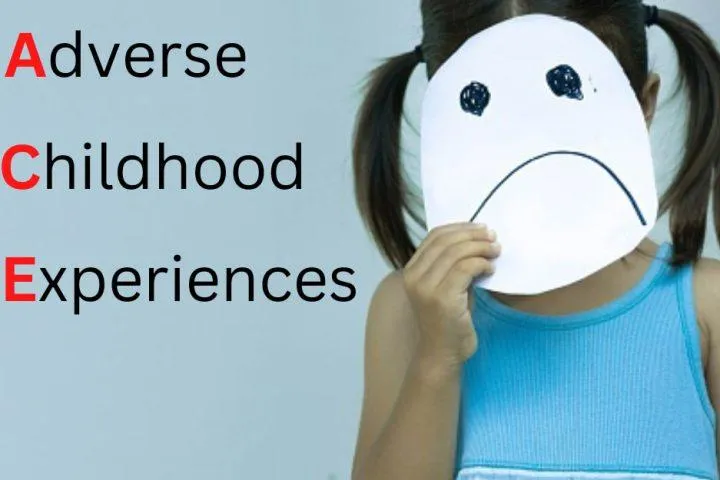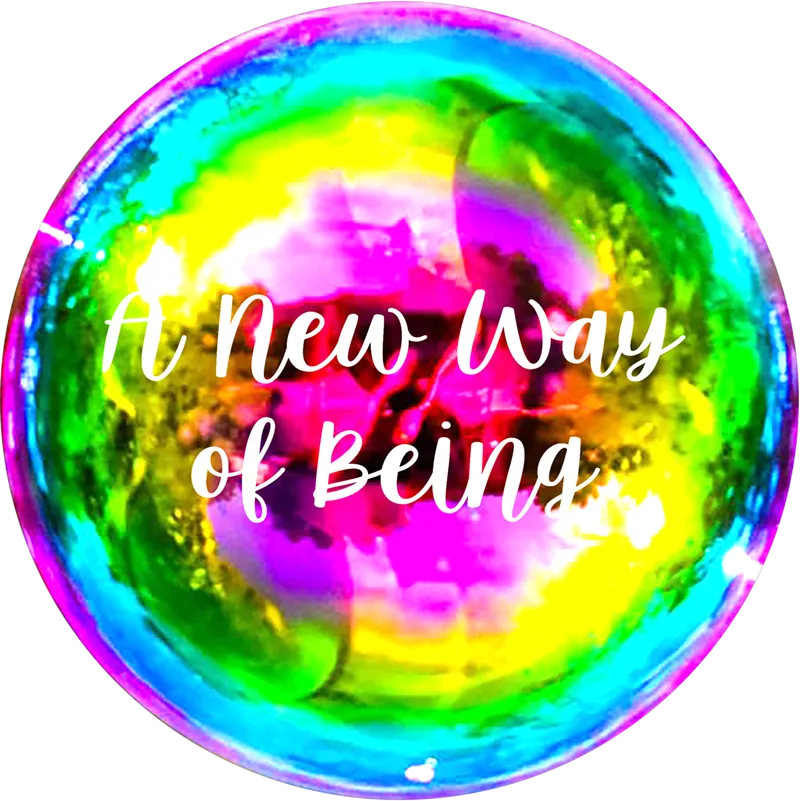General Enquiries and Booking Information:[email protected] |
BLOG
Welcome to our new blog.
Join us here to learn and share information about all aspects of working with children and young people.
Whether you are a parent, carer, teacher, teaching assistant youth worker, grandma, or any other childcare professional we hope that you will find some useful tips and tools from our shared experiences. Advice
that can support you to further develop your parenting or professional skills. You will find information on inspiring, educating and empowering young people, session plan ideas, challenging behaviour and how to self-regulate when meeting the challenges that young people may present us with. We offer guidance around therapeutic approaches to work with young people and lots of other useful information that we use daily in our work with young people.
We are always open to feedback and suggestions so if there are themes that we have not covered that you would like to see included then please feel free to reach out and get in touch.
We hope you enjoy 😊

What are ACE’s and how do they impact children and young people.
We would like to assume that you and most adults who engage with young people are aware of ACE’s and their implications for children and young people’s future health and development. However it is evident to us through our own personal experience, work and engagement with both children young people, their families, caregivers and the professionals that support them that this is not always the case, so we have put together this short post to give a brief description of what they are and how you can best support children and young people who have experienced them.
So, what are ACE’s?
The term ACE’s is used to describe a wide varying range of stressful and or traumatic situations that can happen to us during our childhood. The Term was first researched by Dr Vincent Filletti who conducted his study of over 17,000 patients in the 1990’s. This Study was the first to highlight the correlation between problematic childhoods and problems with health and development in later life. Multiple studies and research into this field have proven that the toxic stress that can occur during these traumatic childhood events can impact our brain development and influence how our body reacts to stress and can affect our health and wellbeing in later years
The 10 main Adverse Childhood Experiences that were outlined in the original study on this are –
Emotional abuse
Physical abuse
Sexual
abuse
Physical neglect
Emotional Abuse
Substance abuse in the Home
Mental Illness in the home
Domestic abuse
Divorce or parental separation
Criminal behaviour in the home
I am sure that most of us reading this will have experienced or can relate to at least one or two of the ten main Adverse Childhood Experiences but are we aware of the huge implications this can cause to our future Development?
So, how do ACE’s Impact our Children and Young people?
When we experience stress and trauma this activates our flight, flight and freeze responses and floods our bodies with adrenaline and cortisol (our stress response hormones.) When stress and traumatic situations are repeated or prolonged this can cause our response to become stuck on, limiting or inhibiting our brain growth and changing how our brain develops and responds to stress in later life. This can have huge personal, social and emotional implications both in childhood and into our adult life.
There have been several worldwide studies into how adverse childhood experiences impact upon many areas of childhood and adult life. A study across England estimated that 47% of adults have experienced ACEs .
An ACE survey carried out with adults in Wales found that compared to people with no ACEs, those with 4 or more ACEs are more likely to have been in prison, develop heart disease, frequently visit the GP, develop type 2 diabetes, have committed violence in the last 12 month and have health-harming behaviours (high-risk drinking, smoking, drug use).
(Bellis et al, 2014).
During our years of practice we have carried out a study amongst 500 Children, Young people, Parents and child care professionals and found that 90% had experienced at least one Adverse Childhood experience and had suffered in some way during adult life due to this. Below we have listed just a few of the health and development implications that can occur due to the result of experiencing Adverse Childhood Experiences.
Low mood, Depression, Stress, and anxiety disorders
Self-harm, suicidal thoughts, and attempts
Alcohol and drug abuse
Sleep disorders
Asthma
Obesity
Diabetes
Heart Disease
Strokes
Cancers
Sexual promiscuity
Decreased educational attainment
Economic failings
Low self confidence and low self esteem
Homelessness
Victim and or perpetrator of violence
Decreased tolerance and rational thinking
Impacted brain development
Social and relationship problems
Early Death
So, how can we help?
The growing evidence of the impacts of Adverse Childhood Experiences is undeniable and compelling. As parents, Carers Teachers, and professionals we have a duty of care to understand the implications of this firstly for our selves and secondly for the Children and Young people that we support and engage with. We are placed in a wonderful position to educate and empower children and young people to overcome the adversity they have experienced, to build confidence resilience and self-esteem, to raise aspirations, to rewire new pathways in the brain and lessen the consequences of their experiences in later life.
We believe this can be achieved in many ways and have listed some below
Building Positive and supportive relationships
Strong and supportive Social Connections
Diet and Exercise
Knowledge and understanding
Parental and professional Resilience
Therapeutic and Trauma informed approaches
If you would like more information on this, then please feel free to contact us.
General Enquiries and Booking Information:[email protected]
Copyright © 2024 A New Way of Being
